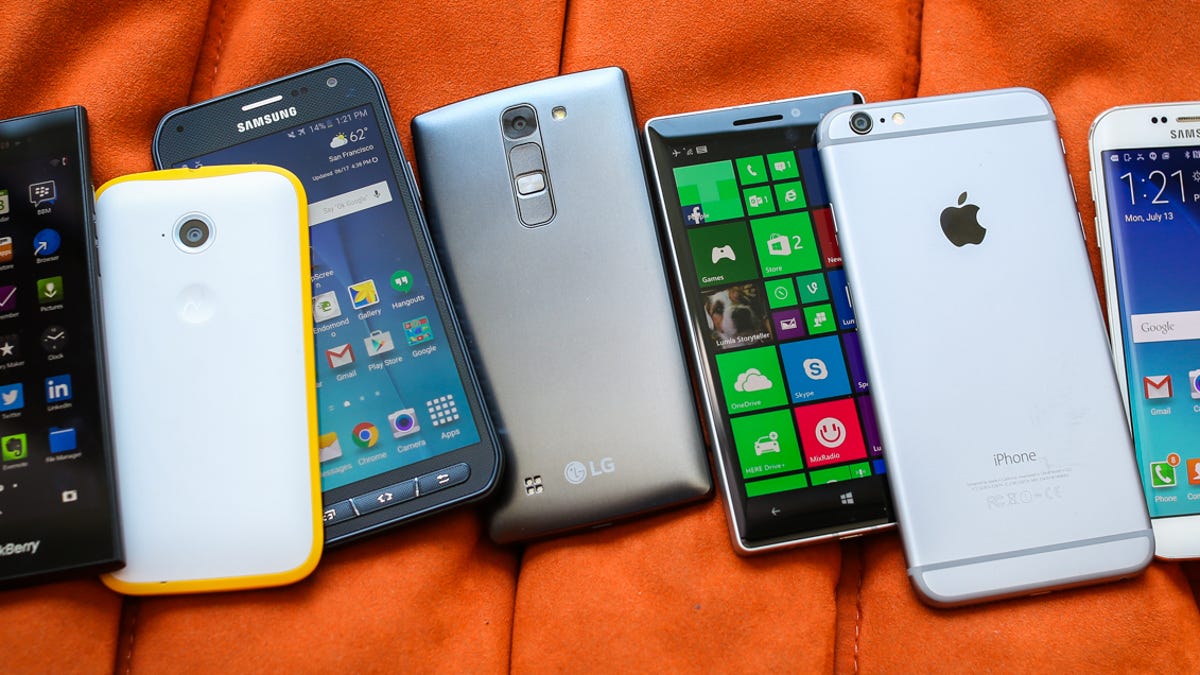Phones will be back in vogue this year, research firm predicts
Coming off weak growth last year, worldwide phone shipments should rebound in 2017, according to market researcher IDC.

Phone shipments are expected to rebound in 2017 and beyond, according to IDC.
Good news for the tech giants whose fortunes rise or fall on phone sales: Shipments of smartphones are expected to rebound this year after slow growth in 2016, market researcher IDC said Tuesday.
Worldwide smartphone shipments should grow 4.2 percent in 2017 and another 4.4 percent in 2018. That's an uptick from the 2.5 percent growth rate last year, though still a steep drop from 10 percent growth between 2014 and 2015.
Shipments are expected to reach 1.53 billion units in 2017 and then 1.77 billion units in 2021, according to IDC's projections.
Phone sales have been the primary engine of growth for the most profitable company in tech (and, well, the world): Apple. Phones are also key to the financial performance of other giants like Samsung and Google, which is behind the Android mobile operating system. Signs that consumers weren't interested in buying phones at the same clip as in the past have been overhanging such companies.
In its latest report, IDC said it doesn't expect much shift between the popularity of the two dominant operating systems. Android-based phones make up roughly 85 percent of smartphone shipments, while Apple's iOS accounts for the rest.
Though Android's growth "will gradually decline," IDC said, shipments won't actually shrink yet from one year to the next, thanks to demand for new features, such as augmented reality and virtual reality.
For iOS, 2016 marked the first time Apple iPhone shipments declined, falling 7 percent. But the researcher expects a strong rebound in iPhone shipments this year.
The outlook for phones with Microsoft's mobile operating system remains virtually nonexistent because so few manufacturing partners support it, IDC said.

